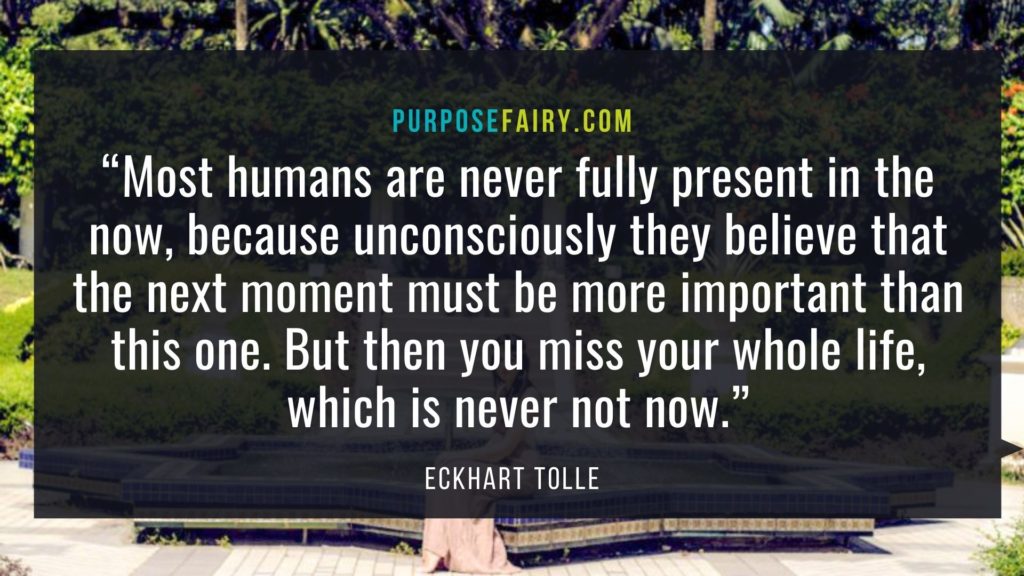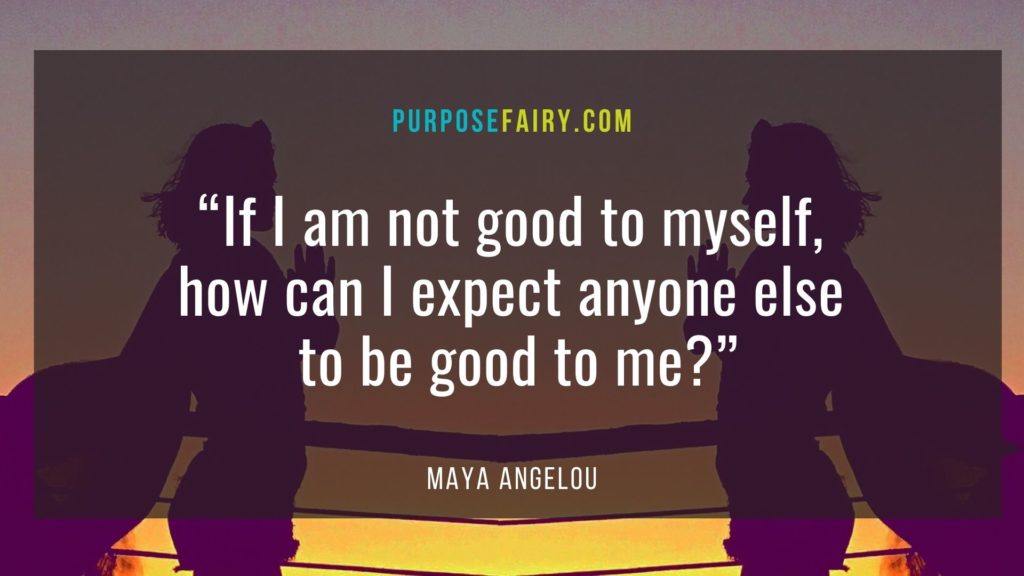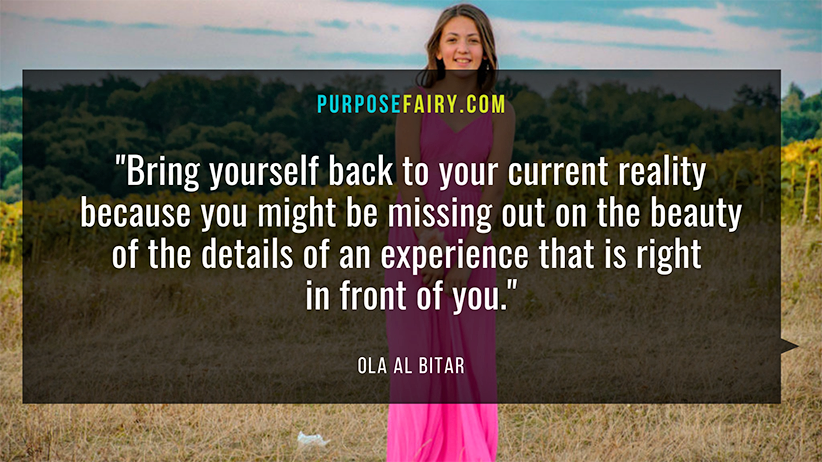
“I have always thought it would be a blessing if each person could be blind and deaf for a few days during his early adult life. Darkness would make him appreciate sight; silence would teach him the joys of sound. “~ Helen Keller ( Blind and Deaf American Author and Educator)
I grew up with wonderful parents who always encouraged my passion for music. I still vividly remember the day when they got me the new shiny sound system.
Years later they got me a guitar and paid for my guitar classes. And they never had a chance to hear a sound of what I was listening to, playing and singing.
My parents are deaf.
The reality of deaf people is different from other people’s experiences. They have limited abilities to communicate but exactly because of that they seem to know so much more about what effective communication means.
7 Important Lessons Deaf People Can Teach You About Communication
I used to live in a dormitory for deaf families for over 10 years and had a chance to compare 2 worlds: at home, where I saw people communicating using their hands, and outside, where I observed interactions of ‘normal’ people with hearing abilities. I was very blessed to have experienced the best and the worst of both worlds: the world of silence and the world of sounds.
These are some of the things I’ve learned from deaf people about effective communication:
1. Maintain eye contact
How many times did you find yourself checking facebook updates on your iPhone while having a conversation? In the world of deaf people, if you stop looking at the person you are talking to, you are literally cutting the conversation. Because the only way you can ‘hear’ what other person is trying to say is to look into their face.
This is a great lesson on the importance of being present, focusing on the person who is next to you, staying more connected to that person and receiving.

2. Don’t interrupt, follow the protocol
How many times did you find yourself waiting for someone to finish talking so you can say what you think? When a company of deaf people is having a conversation, it’s not possible for them to have more than one person talking at a time. There is only one way to follow the conversation – to look at the one speaking. This teaches us to respect the right of each individual to speak up and not to be interrupted in the midst of their self-expression.
3. Be straightforward, down to the point and as concise as possible
How often do you communicate your thoughts and needs clearly without trying to make things sound better than they are? In sign language there are 2 ways to say a particular word – you either use the alphabet and show a sign for each letter or you use one sign which stands for the entire world.
The second option is much faster hence convenient. Thus for almost every word, there is a specific sign. Can you imagine such a massive amount of information to memorize? Not only you have to learn how to write and pronounce the word but also a specific sign that represents it.
The nature of sign language requires you to be as specific as possible and use as few words as needed to convey your message. That’s an essential lesson to learn as so often we are reluctant to be direct and clear in what we think, want and feel.

4. If you don’t understand something, ask
How often are you reluctant to ask a question when something is unclear to you? Or to clarify what your loved one meant rather than making an assumption? We do it out of fear of being misunderstood, rejected or even humiliated. Each deaf person has their own style of using sign language.
So it’s normal to ask a meaning of a specific unfamiliar sign. There is nothing wrong in not knowing or understanding something. If that happens, just ask.
5. Cut yourself from distractions
The world around us is extremely noisy. We have tons of devices, social medias, traditional medias which in their attempt to inform, entertain, update and educate, produce an overwhelming informational noise around us. We hear, see and feel. We are so used to being surrounded by that noise that we lose our ability to be focused and present. When we are having a conversation.
When we are working. When we are cooking. When we are creating something. We are constantly attacked and distracted by that informational noise. I remember watching my father making furniture. He would always be so focused and immersed in the moment of creating, it would seem like nothing in the world could disturb him. Learn to be present – as simple as that.

6. Be expressive and articulate
There are so many ways we can play with our voice when we talk: pace, tone, volume. All this gives us plenty of ways to express our emotions, feelings, and attitude when we talk about the particular subject. But how often do we allow ourselves to be expressive?
Sometimes so called social norms restrict us from laughing too loud, from raising our voice when we are excited or crying in front of others. Because it’s an inappropriate thing to do. Deaf people are very articulate by nature.
Their facial expressions and gestures can mesmerize you with their intensity and artistry. They don’t really care how others may see them. They just express what they feel without actually hiding or softening their emotions.
7. Observe, learn and get extra information from what you see and feel
Just imagine how many tiny yet important details we usually miss in our daily interactions with others? When you cannot hear you become more attentive to things happening around you. You learn to notice even the smallest things, you learn to experience the world around you through all those insignificant details which in a bigger picture play their crucial role. And more importantly, you learn to appreciate them
Comments
Alla Berdnikova
Born in the beautiful Ukrainian city of Odessa, Alla Berdnikova is a lover of life, an artist, a traveler, and a big believer in the power of genuine stories to teach, inspire and motivate us to live our hero’s journeys. An alumni leader of the international youth and leadership organization AIESEC who taught soft skills to students in Sri Lanka, Alla is currently working in Mindvalley Russia as an online business manager. She is also the founder of “33 stories, 99 tips,” an online-project on how to find your passion, discover your talent, and build your life around the things that truly matter.
read more